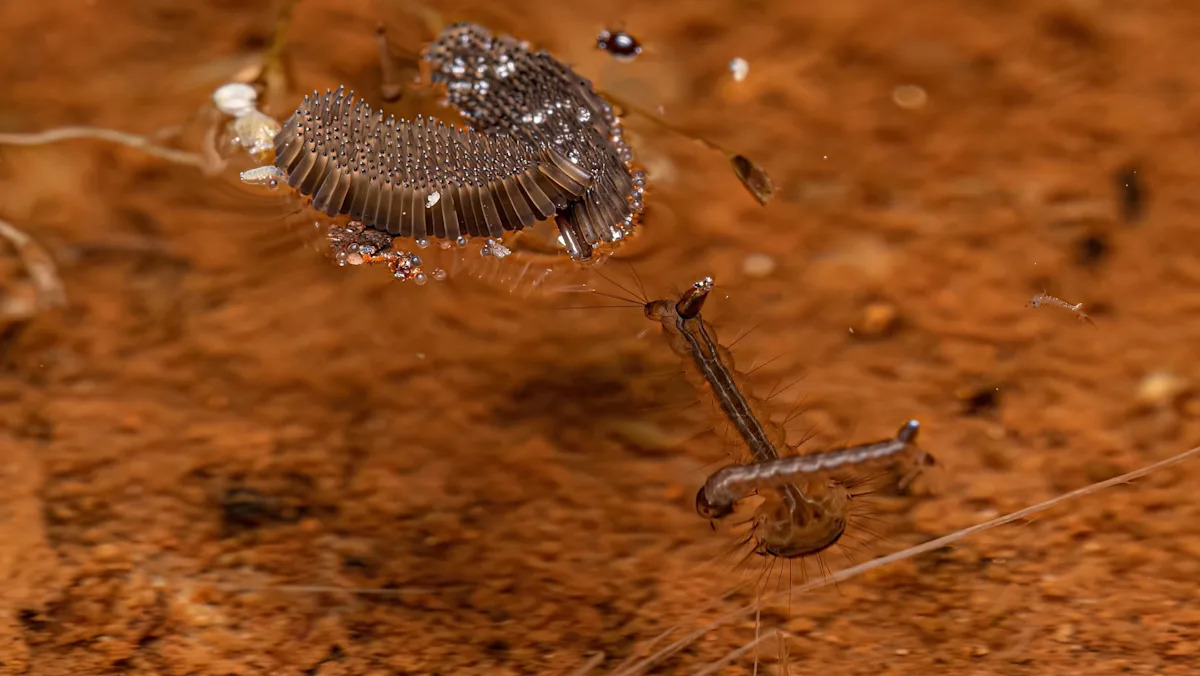
‘We actually have the opportunity to intervene’
British officials are on edge after finding eggs of a deadly pest in multiple counties around the capital.
What’s happening?
The Daily Telegraph reported that the Health Security Agency revealed eggs from invasive mosquitoes were found in Heathrow Airport and a service station in Kent.
There are over 3,000 mosquito species worldwide, but just two species cause the vast majority of mosquito-borne diseases: Aedes albopictus, also known as the Asian tiger mosquito, and Aedes aegypti, aka the yellow fever mosquito.
Both species have established themselves across Europe, and outbreaks of dengue and chikungunya have occurred in France and Italy. Even in post-Brexit Britain, thousands of vehicles cross the English Channel every day, making them the most likely source of an outbreak.
“One of the key routes is likely to be in people’s vehicles, so if people see mosquitoes, perhaps let them out before they cross the channel,” UKHSA’s Jolyon Medlock said, according to the Telegraph.
Why are mosquito eggs in the UK concerning?
The dengue virus infects millions of people every year, and while it’s usually asymptomatic, it can be fatal in severe cases. According to the World Health Organization, about half of the world’s population is at risk. In the first seven months of this year, 3,000 people died from dengue.
The chikungunya virus gets its name from the Makonde language, and “chikungunya” means “bent over in pain,” as it can cause severe muscle and joint pain. Death is rare but can occur in the young and older adults. Often mistaken for dengue, there is no known treatment.
As the World Mosquito Program notes, rising global temperatures driven by heat-trapping pollution are expanding mosquitoes’ geographic ranges and lengthening their seasons. Viral outbreaks are skyrocketing and spreading in new areas.
Aedes mosquitoes do best at 25-30 degrees Celsius (77-86 degrees Fahrenheit), which historically occurred only rarely in Southern England, but heat waves are becoming much more common.
What’s being done about mosquito infestations?
UKHSA is monitoring the situation and has stepped up its surveillance efforts in at-risk areas. It has also sought help from citizen scientists — civic-minded locals — who submit reports of suspicious insects. Ultimately, it’s about containment and raising public awareness of the issues.
Though the detection of mosquito eggs is concerning, the report shows that surveillance efforts are working.
“It’s evidence we have a proper, well-invested surveillance programme that can detect these arrivals at an early stage,” Oliver Brady of the London School of Hygiene and Tropical Medicine told the Telegraph. “That’s the time when we actually have the opportunity to intervene and prevent mosquitoes from establishing or spreading further.”
Join our free newsletter for good news and useful tips, and don’t miss this cool list of easy ways to help yourself while helping the planet.
First Appeared on
Source link






